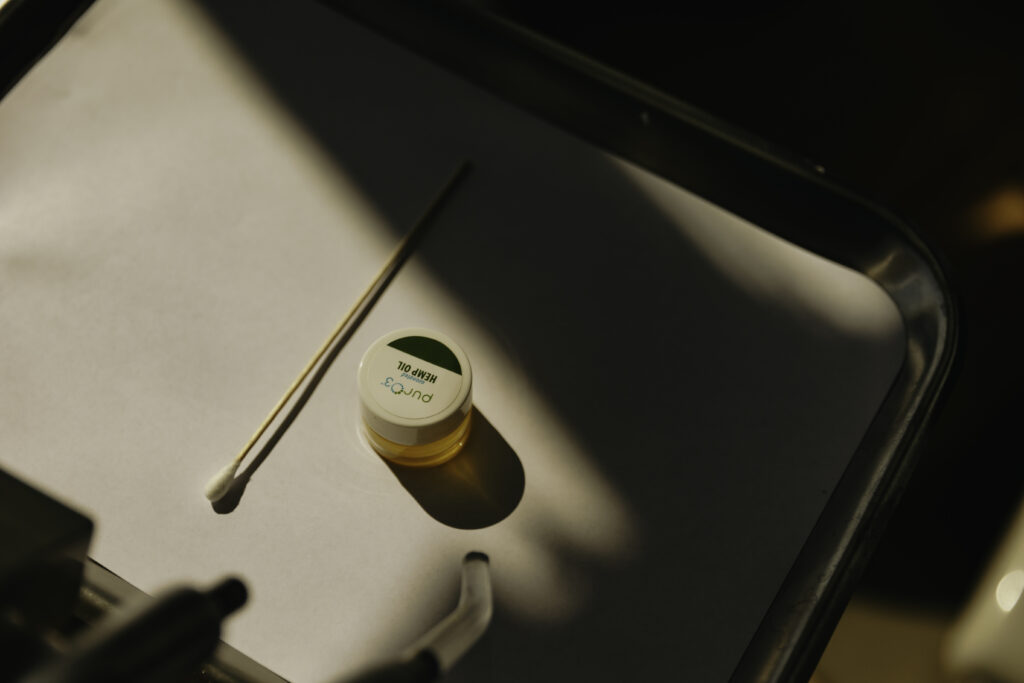Tooth sensitivity can be a common issue following dental procedures, often causing discomfort and affecting daily activities such as eating and drinking. While sensitivity may resolve on its own over time, many individuals seek holistic approaches to alleviate discomfort and promote healing. This article explores several tips for holistically treating tooth sensitivity after dental work, focusing on natural remedies and practices that can support overall oral health.
Understanding Tooth Sensitivity
Tooth sensitivity occurs when the underlying dentin layer of a tooth becomes exposed or inflamed, leading to discomfort in response to hot, cold, sweet, or acidic stimuli. After dental procedures such as fillings, root canals, or whitening treatments, it’s not uncommon for patients to experience increased sensitivity. Understanding the underlying causes can help guide effective holistic treatments.
Natural Remedies for Tooth Sensitivity
- Salt Water Rinse: A gentle salt water rinse can help reduce inflammation and promote healing after dental work. Mixing half a teaspoon of salt in a glass of warm water and rinsing several times a day can provide relief and reduce sensitivity.
- Clove Oil: Known for its natural analgesic properties, clove oil can be a powerful ally in managing tooth sensitivity. Applying a small amount of clove oil directly to the affected area can help numb discomfort and reduce inflammation.
- Ozonated Oil: Ozonated oil, made by infusing olive oil with ozone, can offer antibacterial and anti-inflammatory benefits. It may help in promoting healing and reducing sensitivity by supporting oral health and minimizing inflammation. Gently massaging ozonated oil onto sensitive areas can be a beneficial part of a holistic treatment plan.
- Olive Oil: Olive oil is another natural remedy that can help soothe sensitive teeth. It possesses anti-inflammatory properties and can provide a protective barrier for the gums and teeth. Swishing with a tablespoon of high-quality olive oil for a few minutes, a practice known as oil pulling, may help reduce sensitivity while also improving overall oral hygiene.
- Herbal Teas: Sipping on herbal teas, such as chamomile or ginger, can provide soothing relief for sensitive teeth. Both herbs possess anti-inflammatory properties and can promote overall oral health. Avoiding overly hot or cold beverages is essential, as extreme temperatures can exacerbate sensitivity.
- Dietary Adjustments: Following a dental procedure, it’s beneficial to avoid acidic or overly sweet foods that may trigger sensitivity. Incorporating a diet rich in whole, anti-inflammatory foods—such as leafy greens, nuts, and fatty fish—can support healing and reduce inflammation.
- Use of Biocompatible Toothpaste: Consider using toothpaste specifically formulated for sensitive teeth, particularly those made from natural ingredients. Many biocompatible brands contain desensitizing agents that can help reduce sensitivity over time.

Lifestyle Practices to Support Healing
- Gentle Oral Hygiene: Maintaining good oral hygiene is crucial, but be mindful to brush gently around sensitive areas. Using a soft-bristled toothbrush can minimize irritation while still effectively cleaning the teeth.
- Warm Compresses: Applying a warm compress to the outside of the cheek near the affected area can help soothe discomfort and promote blood flow, aiding the healing process.
- Stay Hydrated: Proper hydration is essential for overall health, including oral health. Drinking plenty of water can help wash away food particles and bacteria, promoting a healthy environment for healing.
- Stress Management Techniques: Stress can exacerbate dental discomfort and sensitivity. Incorporating stress-reducing techniques such as meditation, deep breathing exercises, or gentle yoga can help promote relaxation and support the body’s natural healing processes.
When to Seek Professional Help
While these holistic tips can be beneficial for managing tooth sensitivity, it’s important to recognize when professional intervention is necessary. If sensitivity persists for an extended period or worsens, it’s essential to consult with a biological dentist. They can assess the situation, identify any underlying issues, and recommend appropriate treatments.
Conclusion
Tooth sensitivity after a dental procedure can be uncomfortable, but there are many holistic approaches to alleviate discomfort and support healing. By incorporating natural remedies and lifestyle practices, individuals can promote oral health and well-being. Understanding the importance of gentle care and holistic support can empower patients to take control of their dental recovery and enjoy a healthier smile. By prioritizing natural healing methods and consulting with a knowledgeable dental professional, individuals can find effective ways to manage tooth sensitivity and enhance their overall oral health.


